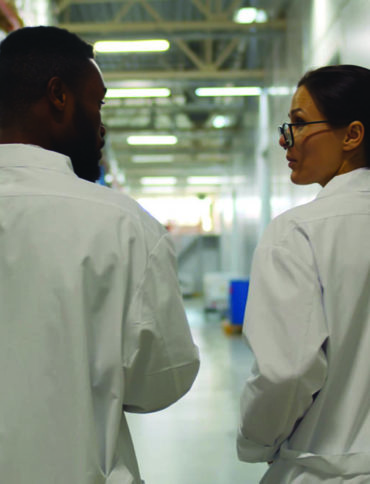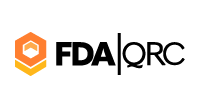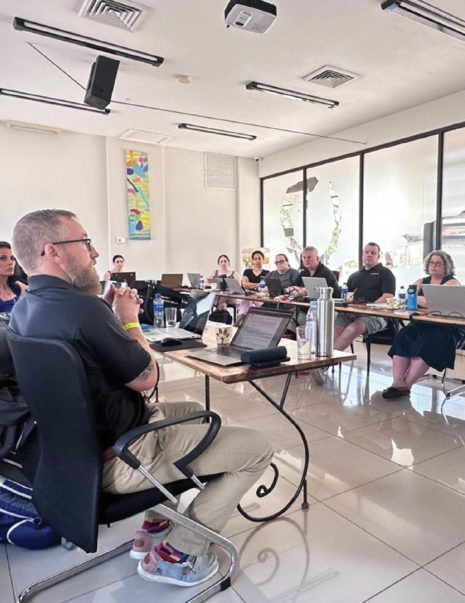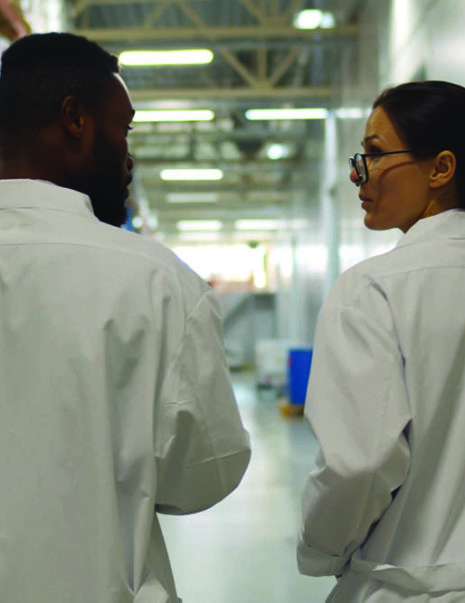
- Supplies – Make sure you have all the necessary supplies needed for the audit which could include paper, pens, laptop chargers, Wi-Fi device, water, etc.
- Subject Matter Experts Availability – Send out a calendar invite to key personnel at your facility informing them that an audit is being scheduled. Make sure in the calendar invite includes a rough agenda which would outline start & end times/dates, interview schedules, etc.
- Quality Culture – Ensure quality is built into your processes from the very beginning. A strong quality culture is essential for audit readiness and cannot be created at the last minute.
- Document Sharing & Electronic Access – Setup user/auditor access as needed for any systems that are utilized for electronic documents
- Study Files – Request applicable study files that would be included and review them. Notify the study staff that they may be interviewed during the audit or to answer study-related questions.
- Equipment – Depending on the agenda, there may be requests for equipment records, evidence of internal audit program, evidence of management reviews, etc. Gather the evidence in advance so that it is staged and ready for audit day.
- Facility Tour – Do a pre-audit walkthrough a day or two before.
- Reminders – As the audit date approaches send out reminder emails to key personnel [study director(s), archivist, attending veterinarian, test facility manager, etc.] the day or two before the audit to remind them that you may be reaching out to them for audit requests or questions.
- Business Cards – Obtain business cards to be distributed during audits.
How you host an audit can significantly influence its overall tone and outcome. As the primary point of contact, the host sets the stage for professionalism, organization, and cooperation. Being a good host means more than just answering questions—it involves managing logistics, facilitating communication, and making auditors feel welcomed and supported. A confident, well-organized host can help keep the process on track and ensure that any issues are addressed calmly and efficiently. The following tips can help you represent your site effectively and create a smooth audit experience for everyone involved:
- Punctuality – Arrive before the scheduled start time and do a walk through to ensure you have everything needed and/or requested for the audit. This will also allow you to greet the auditor upon arrival and demonstrate you are ready to begin.
- Attire – Remember to look your best, you are representing your site while hosting the audit. A great first impression goes a long way in the overall success of an audit.
- Professionalism – Always greet the auditor and/or audit team with a warm welcome and smile. Provide your business card (?) (if applicable) and show them to the audit room and provide them with any electronic access needed to conduct the audit.
- Housekeeping – Before the opening meeting begins, share your sites overview and any housekeeping rules.
-
- Are cell phones allowed?
- Are photos allowed?
- Where are restrooms?
- Is there water or coffee available?
- Who is the audit contact and how (email/text/phone) should they be contacted?
-
- Security – Address any security measures that must be adhered to over the course of the audit.
- Audit Requests – Be prompt with the requests. Ensure the request is shared with the correct team or SME providing the response or filling the request. This should be identified and assembled in advance as part of the audit preparation.
- Definition of observations and/or findings – Do you have the definitions or classifications of observations and/or findings? If you do not make sure to request prior to the start of the audit. Understand the differences between minor, major, and critical. Share the classifications with everyone involved with the audit.
- Demeanor – Keep an open mind and respectful tone throughout the day.
- Findings vs. Recommendations vs. Comments – Some questions to ask are is it a true finding, can it be cited to a regulation, standard, or SOP? Is the finding within scope? Be sure to discuss during the audit and during the closeout meeting. There should never be feedback in an audit report that wasn’t at least discussed during the course of the audit.
- Host – Remember, as an audit host you are not expected to know everything, but you do need to know where to go for answers for the things you don’t know.
- Timelines for Audit Responses – Agree on timelines for when the audit report is expected from the sponsor and when your response to the audit report is due to the sponsor. Respond to any findings and action items in the agreed upon timeframe.
- Closeout of the Audit – Thank the auditor for their visit and their time. Invite them to come back in the future, and to contact you if they have further questions.
What happens after the audit is just as important as what happens during it. Taking time to reflect, follow up, and communicate results helps close the loop and ensures the audit leads to meaningful improvements. Sharing outcomes with your team, identifying opportunities for growth, and acknowledging everyone’s efforts reinforces a culture of quality and continuous improvement. A well-managed conclusion not only demonstrates accountability but also sets the foundation for stronger performance in future audits. Consider the following actions to wrap up your audit effectively and constructively
- Great communication is one of the best tools in your toolbox. This includes both internal and external communication.
- The more you can prepare the better.
- Know who your Subject Matter Experts (SMEs) are and make sure they will be available for support during the audit.
- Make sure to thank you team and everyone else who supported the audit.
- Share the audit results with the team internally. Send a summary report that highlights discussion topics. Were there findings? What went well?
- Share opportunities for improvement and growth. Develop CAPAs when applicable as well.
- Encourage a strong quality culture and site commitment to quality and compliance. Take the lessons learned from the audit and present them to the team.
An audit does not have to be a stressful or punitive experience. Audits are conducted for project and data and are not for a single individual. Being prepared, transparent, and involving all the necessary team members will aid in your success.
FDAQRC has supported countless clients on both sides of the audit table—from preparation and hosting to inspection readiness and post-audit remediation. Our global team of experts includes former FDA and Health Authority professionals who understand exactly what auditors look for and how to prepare teams with confidence.
We offer customized audit readiness programs, conduct mock audits, provide SME coaching, and support CAPA development and implementation. Whether you’re anticipating a routine inspection or a critical sponsor audit, FDAQRC will help you walk into the audit room prepared, professional, and audit-ready.
Erich holds a Master of Business Administration from West Liberty University and a Bachelor of Business from Franklin University. He joined FDAQRC in 2019.

This Industry Insight was published in June 2025. Please note that the accuracy or completeness of the information contained in this article is based on its publication date, as facts and circumstances may change over time. Please contact us directly if you would like a list of references for this information.
Sources:
U.S. Food & Drug Administration (FDA) Bioresearch Monitoring Program (BIMO) Compliance Programs
U.S. Food & Drug Administration (FDA) Compliance Program Manual
International Council for Harmonisation of Technical Requirements for Pharmaceuticals for Human Use: Guideline For Good Clinical Practice E6(R3)

A Closer Look at Inspection Readiness: Mock/Hats On-Off Approach

How to Secure Project Assignments with FDAQRC: A Guide for Consultants

Tips For Preparing & Hosting a Successful Audit

Regulating AI in Clinical Trials: What ICH E6(R3) Does (and Doesn’t) Say

Explores the Differences Between Auditors and Inspectors in the Clinical Research Industry

Competency Based Programs Contribute to Early Clinical Research Professional’s Training
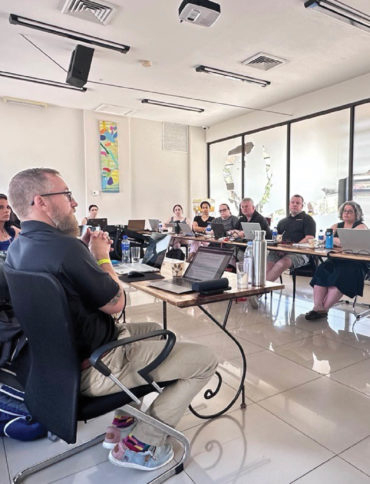
15 Years of Excellence: FDAQRC's Journey and Future Vision
